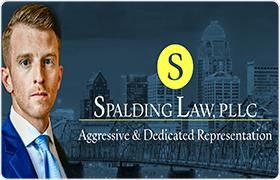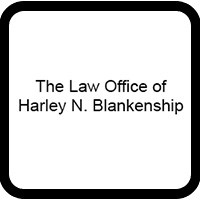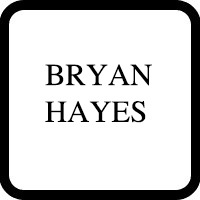Masonic Home Felony Lawyer, Kentucky
Sponsored Law Firm
-
 x
x

Click For More Info:
-
Spalding Law, PLLC
214 South Clay Street Louisville, KY 40202» view mapCriminal Defense Aggressive & Dedicated Representation
At Spalding Law, PLLC, we employ a client-centered approach to our practice of law. Representation is tailored to each client’s specific case, facts, wants & needs.
800-990-3140
Not enough matches for Masonic Home Felony lawyer.
Below are all Masonic Home Criminal lawyers.
David M. Schuler
✓ VERIFIEDDavid Schuler is an assertive, experienced, auto accident attorney in Kentucky who is a dedicated advocate for injured people and those accused of cri... (more)
David William Spalding
✓ VERIFIEDDavid Spalding was admitted to the Kentucky Bar Association in 2019. As a Paralegal, he has nearly a decade of legal experience, having clerked in eig... (more)
Krsna Tibbs
✓ VERIFIEDOriginally from Atlanta, Georgia, Mr. Tibbs considers himself a Louisvillian, having lived here for two decades and counting. He first came to town to... (more)
Harley N. Blankenship
✓ VERIFIEDHarley Blankenship is a practicing lawyer in Louisville, KY after being admitted to the Kentucky Bar in 1970. He received his Juris Doctor in 1970 fro... (more)
Bryan Hamilton Hayes
✓ VERIFIEDBryan Hamilton Hayes is a practicing lawyer in the state of Kentucky handling criminal defense and family law cases.
FREE CONSULTATION
CONTACTShannon Renee Fauver
FREE CONSULTATION
CONTACT David Spalding Louisville, KY
David Spalding Louisville, KY Practice AreasExpertise
Practice AreasExpertise





